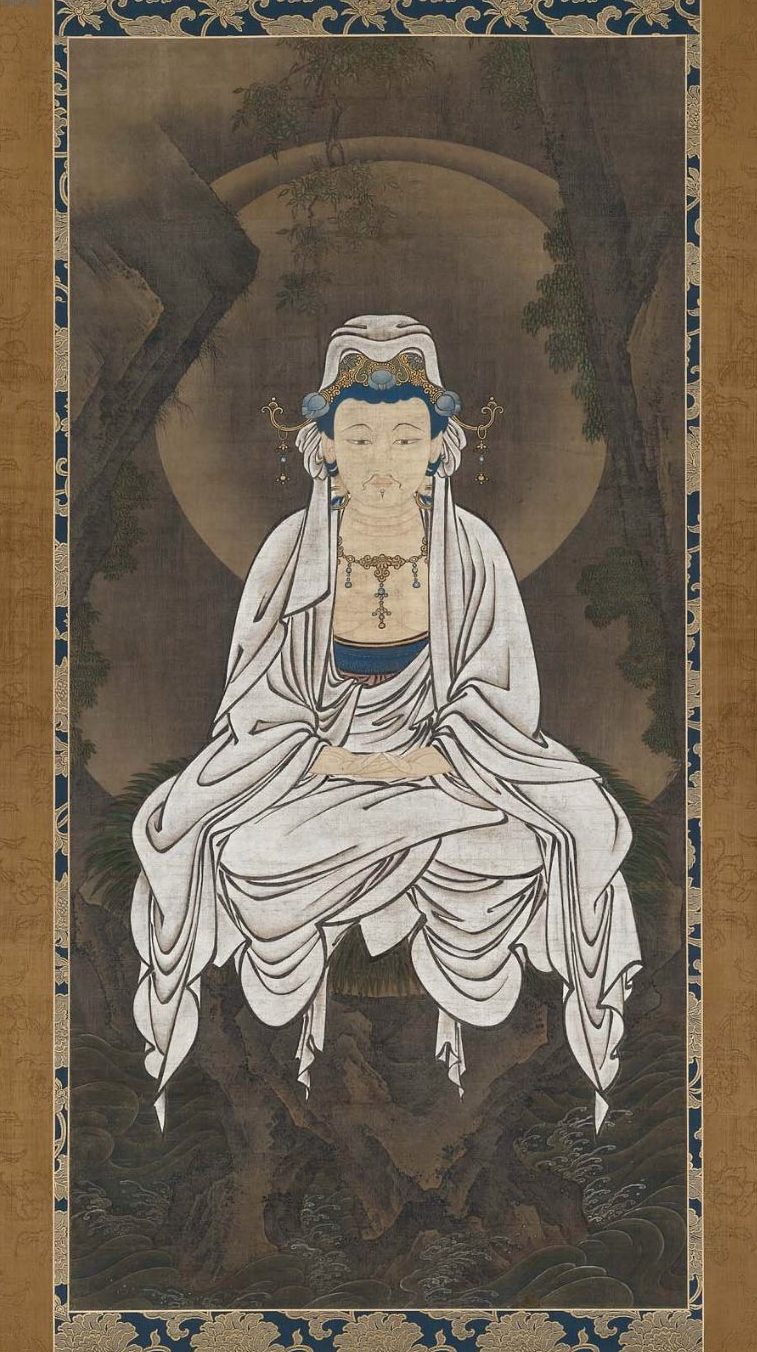Therefore, do not worry about tomorrow, for tomorrow will worry about itself. – Matthew 6:34
*
As I was busily typing a sermon one Saturday evening, my seven-year-old son crept into my bedroom. He had gotten out of his bed because he was scared. Naturally, I asked him why. He whispered tearfully, “I can’t put it into words.”
I accompanied him back upstairs. After we had listened to his younger brother’s gentle snores from the other twin bed, I quietly encouraged him to talk about his fears. He remained silent. I advised him that, in my experience, naming your fears out loud helped you to overcome them.
Silently, I congratulated myself for giving such sage advice. But though I was clearly a Zen Parent, there was no reply.
I kept prodding and needling until, finally, my son answered: “Daddy, instead of talking, go turn on a light in the playroom and leave the door open.”
My Buddhist friend loves this story.
*
My friend was raised in the rigid orthodoxy of a certain denomination. Now, he meditates at a Buddhist temple on Saturdays and sings in the choir of our Presbyterian church on Sundays. I do recognize the potential to dilute a specific religion by picking and choosing à la carte from multiple ones. However, I think that wisdom from outside sources can help us dive down into the well of our own tradition.
 So I invited him to teach our congregation about the spiritual discipline of meditation. I assumed he would talk about the theology behind the practice; instead, he surprised me. He spoke about posture.
So I invited him to teach our congregation about the spiritual discipline of meditation. I assumed he would talk about the theology behind the practice; instead, he surprised me. He spoke about posture.
“When meditating in a chair, keep both feet on the floor. Make your shoulders square, back straight, and head level. Keep your eyes open and stare straight ahead at a 45-degree angle. Make a bowl in your lap by resting your open left hand in your right palm, with the tips of your thumbs pressed gently together.”
The two dozen of us gathered in the sanctuary followed his directions. After we assumed the correct posture, he continued:
“Begin to count your breaths. When you get to ten, start again. When you get distracted, start again. Everything is passing. Stop thinking of what you did today, or what you’ll do tomorrow—not that you really know!”
He chuckled. “Sorry, friends, that’s a Buddhist joke.”
*
Christians are people of the book, heirs of the rich biblical legacy of God’s way in the world and with humans. Men and women have been reflecting on these texts over the course of two millennia, creating complex structures of systematic theology and offering heartfelt testimonies. Words do not resolve the mystery of the infinite or the incomprehensible; yet the right word at the right time is like a true friend.
I am a preacher. When asked to teach about my Christian faith, I think as hard as I can about the best words to use. And yet, as a verb, “posturing” has a negative connotation. It implies insincerity, disingenuousness, even hypocrisy. When Jesus spoke of the hypocrites, He literally referred to those actors who wore masks. Most of the hypocrites Jesus knew were religious professionals.
I admit my posturing often involves claiming to know more about God than I do. I know the scripture that, as the heavens are higher than the earth, so God’s knowledge is higher than mine (Isa 55:9). Thinking of my Buddhist friend’s gentle joke, it’s no laughing matter how I cling to the illusion of answers and the idolatry of control.
Ah, but I can always start again.
Not all words mask the truth. There is a famous Buddhist phrase about “the finger pointing to the moon.” The two objects should not be confused; yet little words can draw our attention to something greater, more beautiful, even transcendent. When He “took and blessed and broke and gave,” Jesus offered a lean story of spiritual substance as a way to point beyond ourselves. “This is my body,” he said, offering words that point to the gift of the offering of Himself. Maybe one way to exhibit less posturing is to focus on my posture—my open hands, ready to receive grace given.
*
No longer under the illusion that I was a Zen Parent, I was at least wise enough to stop talking and follow my son’s instructions about the night light. Then, I assumed the posture of lying down next to him in his bed. As his breathing deepening, my own thoughts stilled. I was no longer frantically rehearsing the next morning’s sermon, and I realized my own breathing had slowed to match his.
While I don’t know the future, I can hope for a little light and be grateful for an open door.
Featured image: Ciprian Boiciuc on Unsplash.

COMMENTS
Leave a Reply












